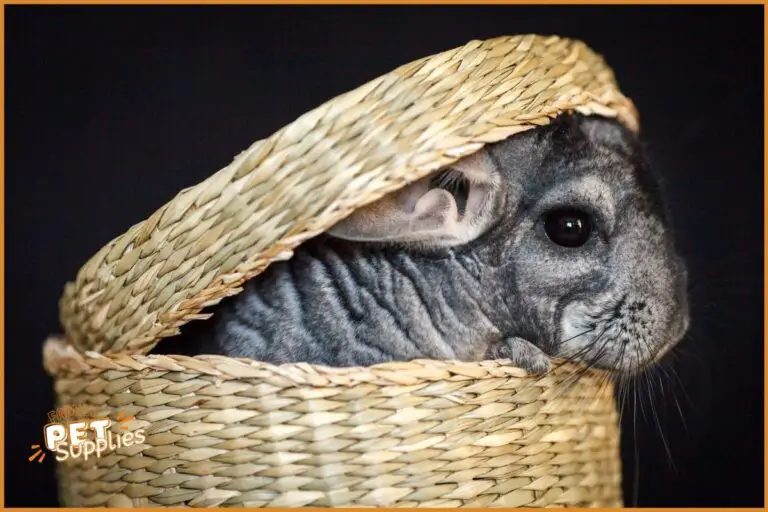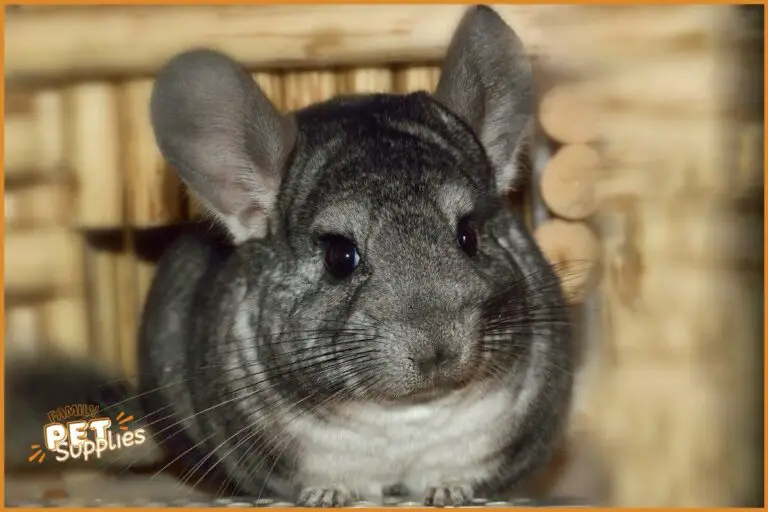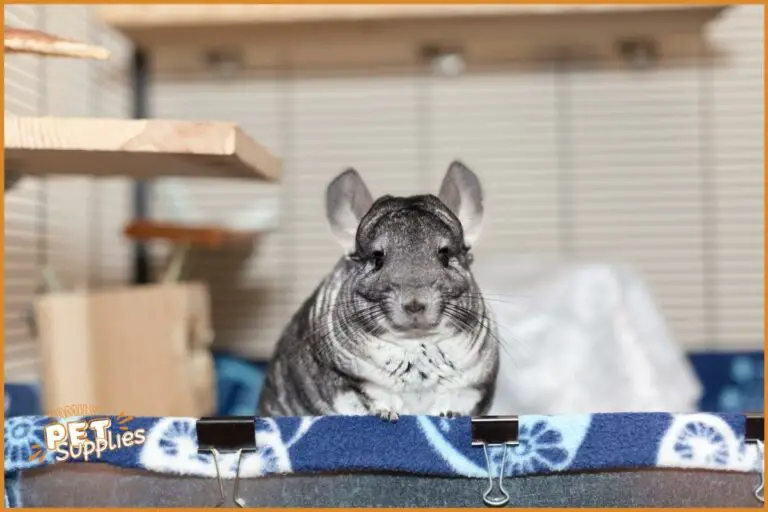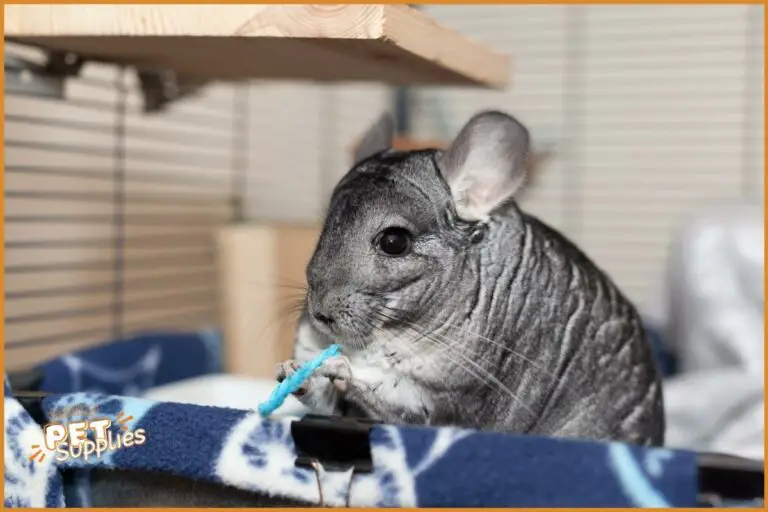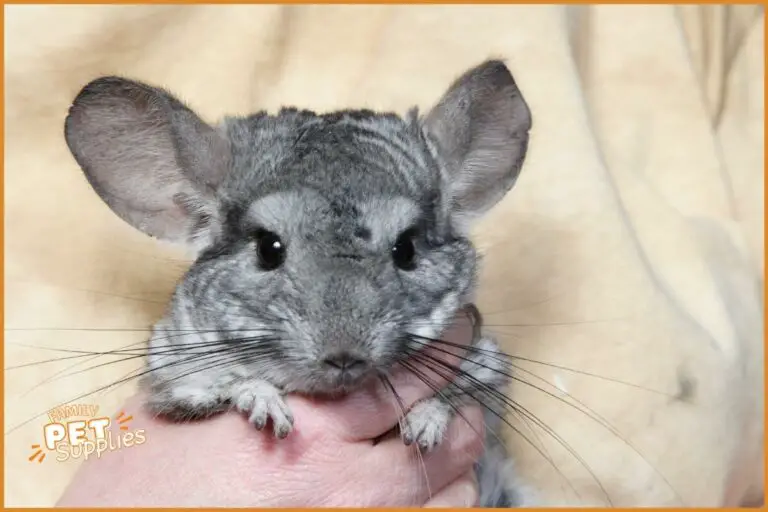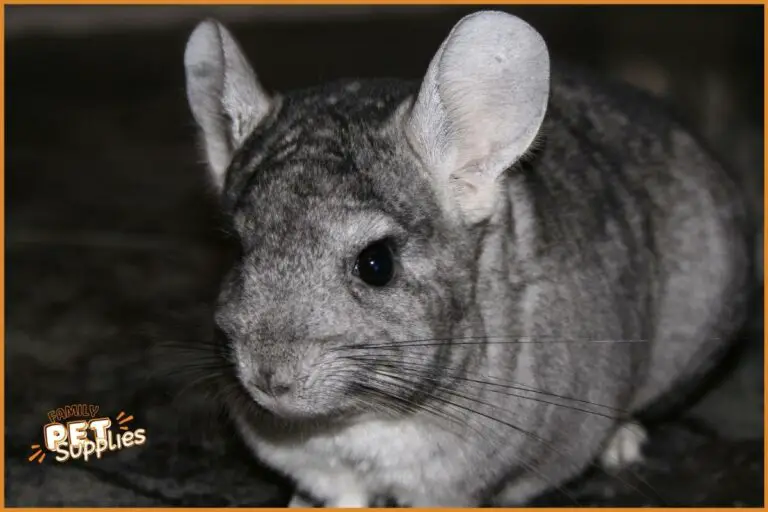Chinchillas can be loving pets, but like any animal, they can sometimes act out with aggressive behaviors. While startling, chinchilla aggression usually has an underlying cause that can be addressed with proper care and training. Learning about the common causes behind chinchilla aggression can help owners curb these behaviors and enjoy their pets.
- Defensive aggression – Many times, chinchillas act aggressively as a fear response. Quick movements, loud noises, and unfamiliar handling can provoke a chinchilla to bite or spray urine. Slow, gentle handling and a calm environment help timid chins feel safe. Provide hiding spaces and avoid overstimulation.
- Territorial aggression – Chinchillas are highly territorial and may attack cagemates or hands that reach in their cage. Give each chin their own cage or space. Introduce chins slowly and rearrange cages when adding new chins. Allow them out for playtime separately.
- Maternal aggression – Female chins with new litters can become highly protective and aggressive. Limit interaction with the mother and babies during this time. Do not reach into her cage. Allow time for her hormones to stabilize after weaning the babies.
- Pain-induced aggression – Chins experiencing pain from an injury or illness may bite when touched. Have a vet examine your chin if aggression develops suddenly. Provide soft bedding and limit handling until the chin is healed and feeling better.
While chinchilla aggression can be upsetting, understanding the cause is the first step to correcting it. With time, patience and proper care, an aggressive chinchilla can become sweet and affectionate again. Consistency, a calm environment, and respecting their space when needed go a long way in gaining their trust.

